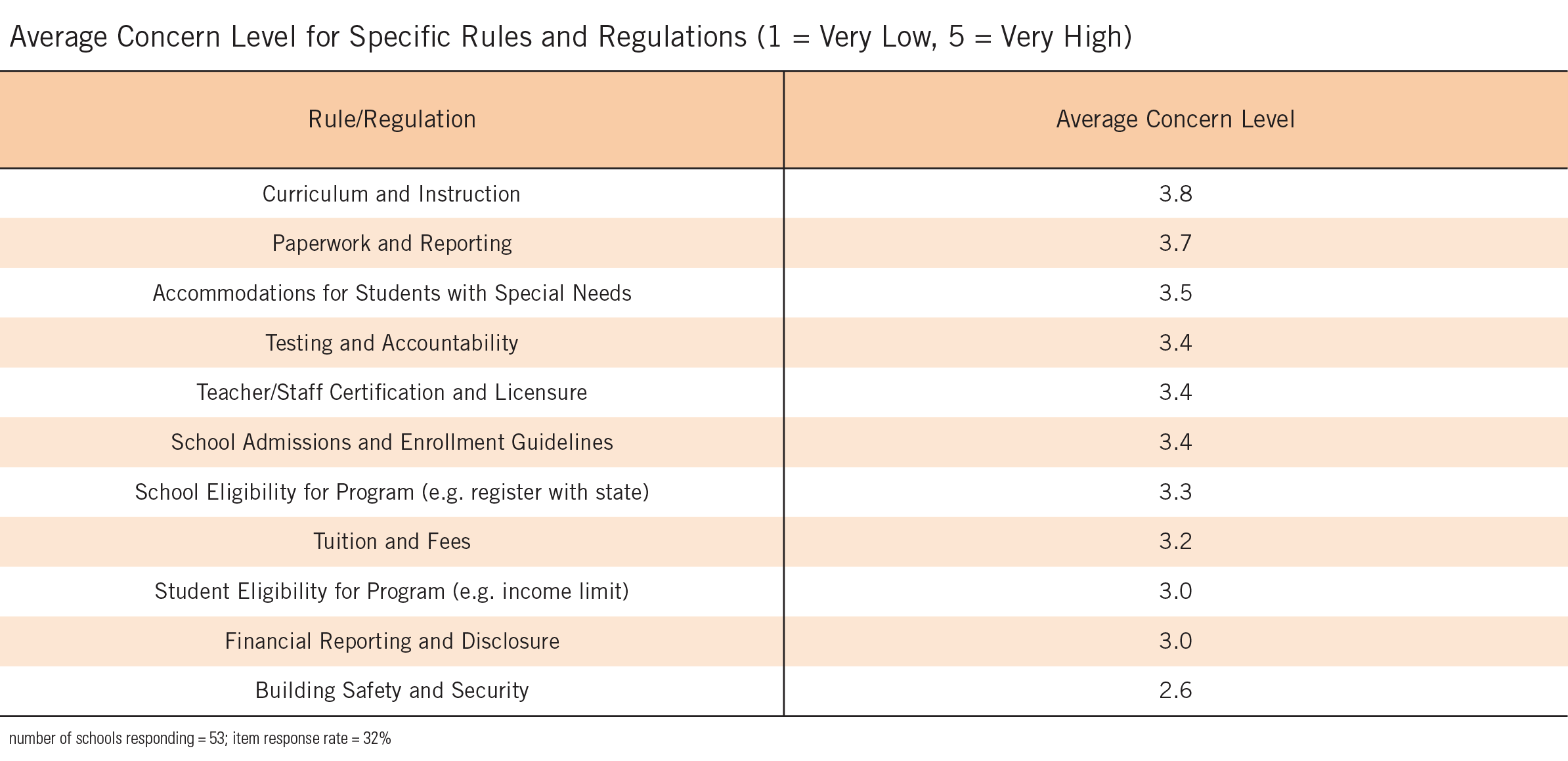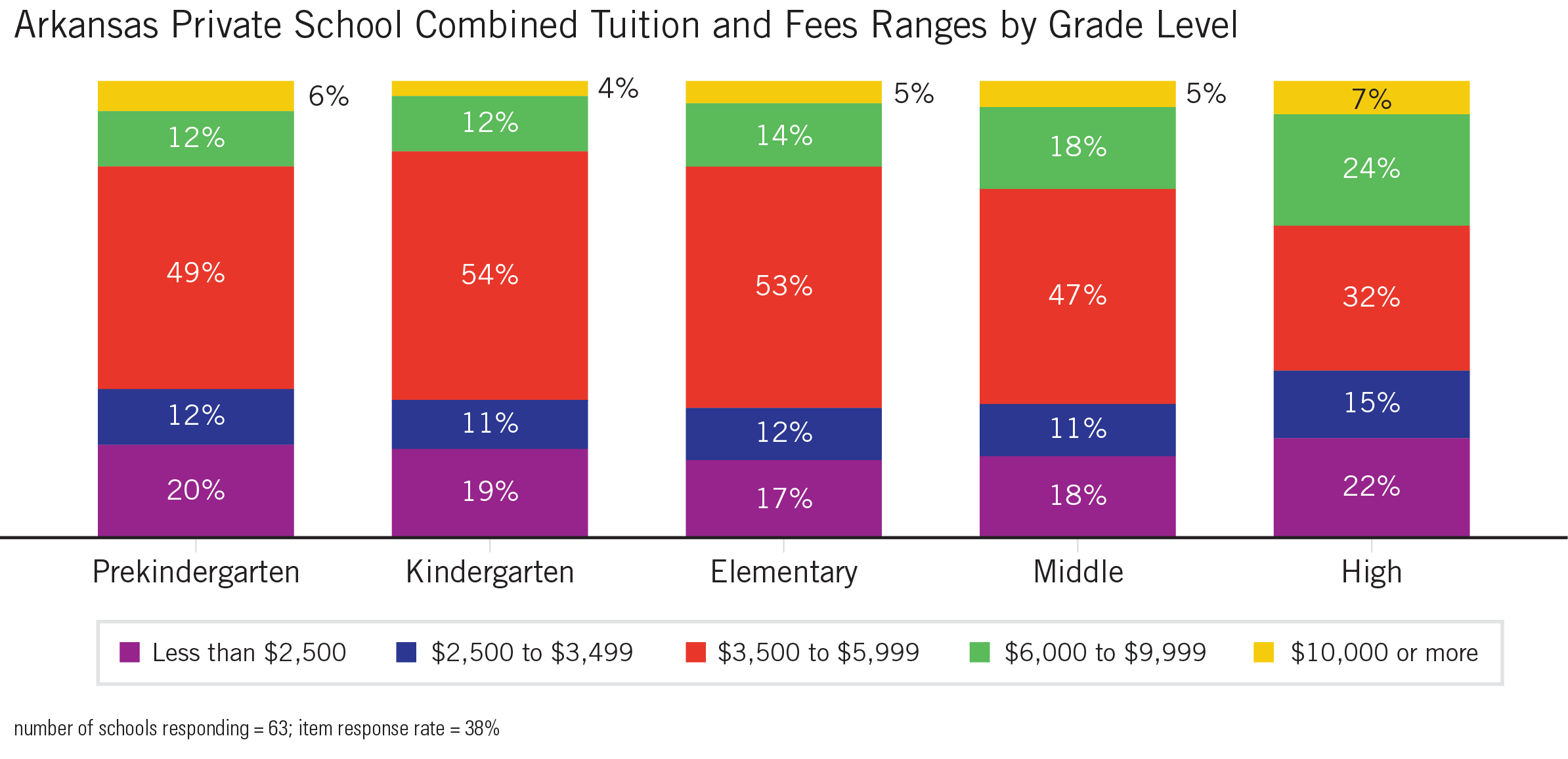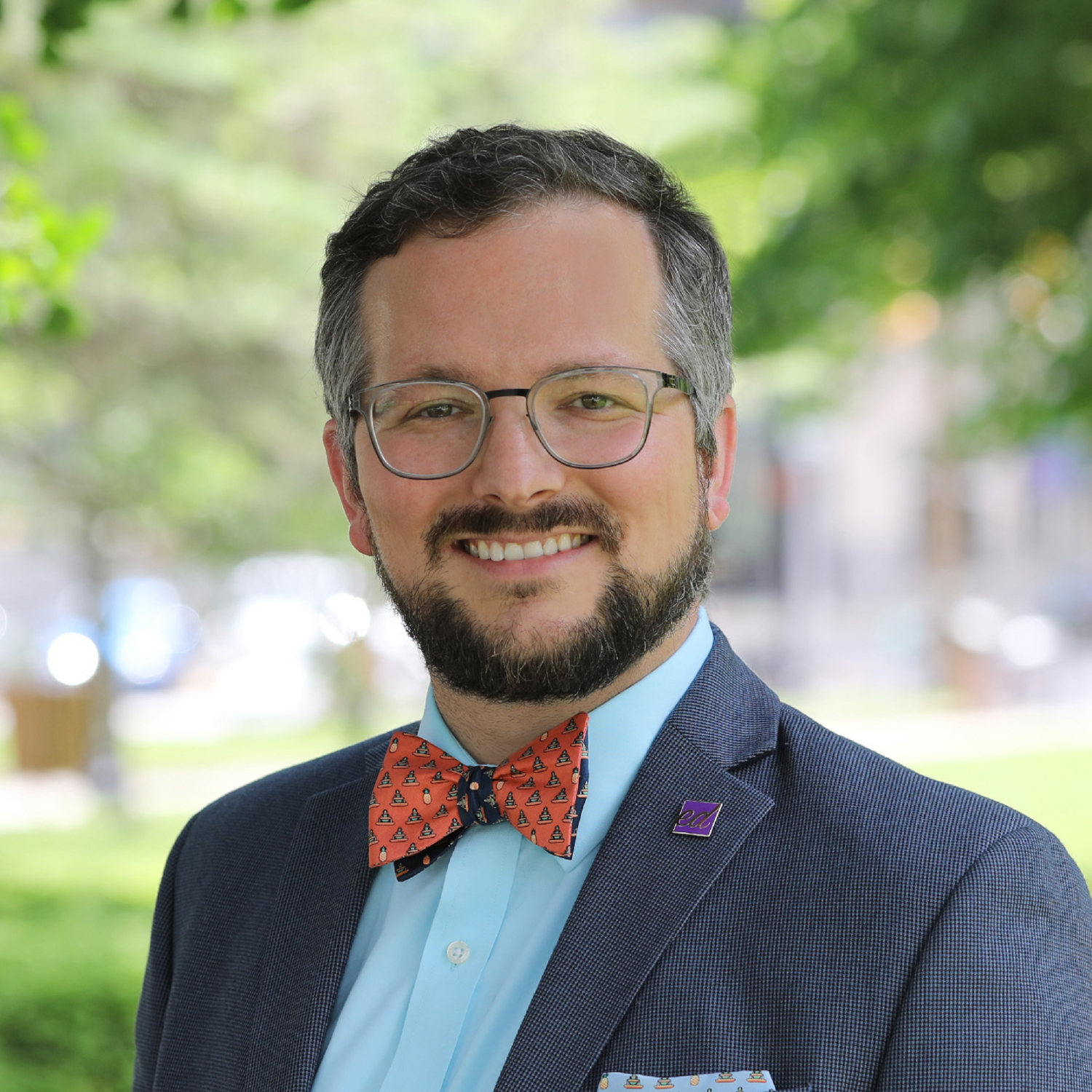Top Findings From Arkansas Private School Survey
Arkansas is on its way to becoming a natural, actual, real, authentical educational choice lovin’ state. Just like Johnny Cash’s song character Joe Bean, I’ve never been to Arkansas. Growing up, my limited knowledge of Arkansas centered on a sunglasses-wearing, saxophone-blowing Bill Clinton. However, I got older and learned more about the Natural State, especially after falling in love with the voice of (in my opinion) its greatest export—Johnny Cash.
The naïveté of my youth is somewhat akin to Arkansas private schools’ lack of awareness when it comes to educational choice.
In June, Arkansas Gov. Asa Hutchinson signed the state’s 2016–17 budget, which included funding for the Succeed Scholarship Program for Students with Disabilities, a statewide school voucher program for public school students with special needs and active-duty military families. The program starts this semester and is limited to 100 students for 2016–17.
However, only five schools have been approved to participate, as of this writing. Are schools even familiar with this new program or other types of educational choice programs? Would private schools participate in school choice programs, and if not, what are their concerns? Are there enough private school seats to go around, and can families afford them with a school voucher?
In Exploring Arkansas’s Private Education Sector, the sixth installment in our School Survey Series, I synthesize information collected in two unique surveys of Arkansas private schools in an effort to answer these questions and more. One was conducted by the U.S. Department of Education, the other by EdChoice under its former name: the Friedman Foundation for Educational Choice.
Learn more from this summary of our top findings.
Does Arkansas already have educational choice?
When it comes to Arkansas’s new school voucher program—the Succeed Scholarship Program for Students with Disabilities—only one out of four schools (25 percent; 14 of 57 schools) were very or somewhat familiar with the program. Nearly half of the schools (46 percent; 26 of 57 schools) said they were “not at all familiar” with the program, meaning they may never have even heard of it prior to the survey. Fewer than two out of five schools (37 percent; 21 of 57 schools) said they would or probably would participate in Arkansas’s school voucher program. The raw count of these schools is seven times the number of schools currently approved for the program.
Only half of the private schools in Arkansas that responded to our survey (51 percent; 29 of 57 schools) said they were somewhat or very familiar with school vouchers generally, without being provided a definition. When it came to potential program participation, we asked: “The State of Arkansas may consider a ‘school choice’ proposal to establish vouchers to go directly to students, allowing parents the option of sending their child to the school of their choice, whether that school is public or private, including both religious and non-religious schools. Depending on regulations and what would be required of schools, would your school be interested in participating in such a school choice Program?” Notably, two-thirds of the schools (67 percent; 38 of 57 schools) said they would or probably would participate in a voucher program.
There are the same number of schools very or somewhat familiar with education savings accounts (ESAs)—the newest form of educational choice available in only five states today—as there are with Arkansas’s voucher program (14 of 56 schools; 25 percent). However, nearly half of the respondent schools (48 percent; 27 of 56 schools) said they would or probably would participate in an ESA program.
Do private schools have concerns about choice programs?
When it came to the potential rules and regulations for educational choice programs, Arkansas’s private school principals and administrators were most concerned with those pertaining to setting curriculum and instruction, paperwork and reporting, accommodations for students with special needs, and testing and accountability.

Will there be open seats for Arkansas’s choice students?
Although Arkansas’s voucher program is limited to 100 students this school year, the 64 private schools that responded to our survey indicated they had 4,458 open seats for K–12 students in 2015–16. When this number of open seats is projected for all 166 private schools in Arkansas, the estimate is closer to 9,500 open seats. This means that Arkansas’s private schools have enough room to increase enrollment by 47 percent.
Two of the schools approved to participate in Arkansas’s voucher program responded to our survey with enrollment and capacity data, and those two schools reported having more than 120 open seats for K–12 students in 2015–16. This means Arkansas’s voucher program cap could potentially be met at two of the five schools currently approved to participate in the program.
Are Arkansas private schools affordable?
The average amount for combined tuition and fees charged in 2015–16 by respondent private schools was $4,456 per student, with a median of $4,200 per student. For comparison, Arkansas spent about $9,616 per student in public schools in 2013–14, which is the most recent data available, and the maximum voucher amount for Arkansas’s Succeed Scholarship Program for Students with Disabilities for 2016–17 is $6,646.
More than four out of five Arkansas private schools charge less than $6,000 in tuition and fees per student in grades K–5 (84 percent for kindergarten and 81 percent for grades 1–5), and more than three-quarters of Arkansas private schools charge less than $6,000 for grades 6–8. More than two-thirds of Arkansas private high schools (68 percent) charge less than $6,000.

For more details from this report, visit Exploring Arkansas’s Private Education Sector.




